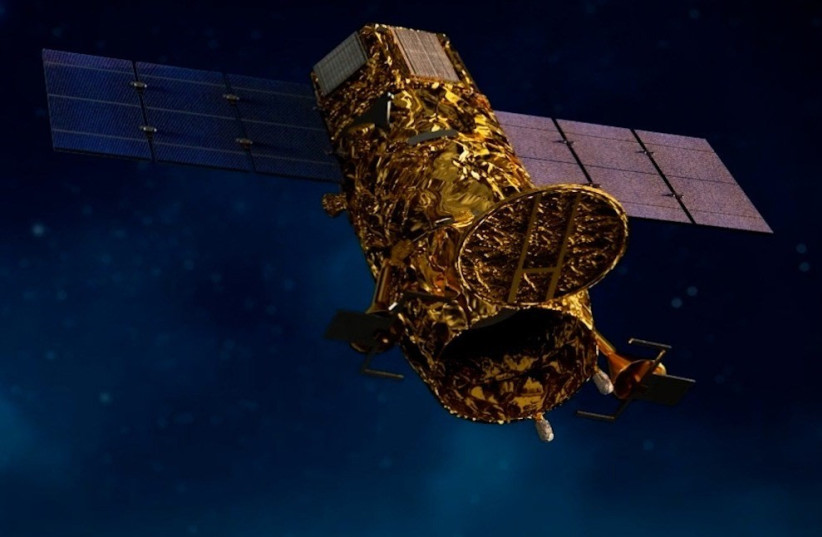State Comptroller Matanyahu Englman on Tuesday said that Israel is falling behind in the space and satellite race due to underfunding and a failure to fully prioritize the sector.
The report stated that multiple professional committees studying the issue from 2010-2016 had recommended that the state spend NIS 300 million per year on the sector.
Instead, the report said that from 2012-2018, the government spent only NIS 60-80 million per year on the sector.
In addition, the report said that the government has failed to formulate a unified policy on the issue for around 14 years running since the crisis hit in 2008.
Moreover, the government and the IDF lack a comprehensive legal or national security framework for space-related military issues, despite the fact that it is clear that such issues’ importance will only increase in future years, said the report.

Without breaking rules regarding classified materials, the comptroller said that the IDF’s 2020-2024 budget fails to fully address certain critical space-related issues.
In addition, the report said that the Defense Ministry has neglected relations with Israel’s indigenous defense companies that build satellites and has especially neglected the production of specific unnamed types of satellites.
It is especially problematic that the Defense Ministry and IDF have not budgeted into 2025 and beyond since this hamstrings long-term projects with major Israeli defense contractors, said the comptroller.
The Defense Ministry agreed with the comptroller’s criticism, shifting the blame to the government for failing to allocate it sufficient financial resources on a multi-year budget basis.
Further, the ministry added that in the coming months, along with the IDF, it will seek government approval for a much larger budget in order to bridge the current gaps as well as to formulate a more comprehensive approach to the space race.
Next, the ministry said that past budget decisions regarding military-related space needs have had to compete with other important security priorities.
Finally, the ministry emphasized that investing in space issues also has the double benefit of investing in Israel’s indigenous defense industry.
In the past, the question of how much Israel can rely on other countries and their satellites for its defense needs in order to save money versus growing its own indigenous capabilities to ensure independent access to such capabilities going forward has been hotly debated.
Israel's natural gas rigs don't have sufficient naval protection
In another report issued on Tuesday, Englman wrote that there is a four-year delay in providing Israel’s natural gas rigs with sufficient protection by advanced naval vessels.
According to a government decision from 2013, the advanced naval vessels were supposed to be available for protection already in 2019, said the comptroller.
In contrast, the report said that the vessels are only due to be ready at some later point in 2023.
In fact, the report said that as of June 2022, the IDF Planning Command still had failed to approve purchasing the vessels, though the IDF Naval Command had said that even the late approval date should have been by September 2021.
The IDF responded that even without the advanced naval vessels, the navy has been and continues to provide protection for the natural gas rigs using its missile boat fleet.
Further, the IDF said that three out of the four advanced vessels are already semi-operational and performing some operational duties along with the older missile boats.
There was no explanation regarding the delay.
